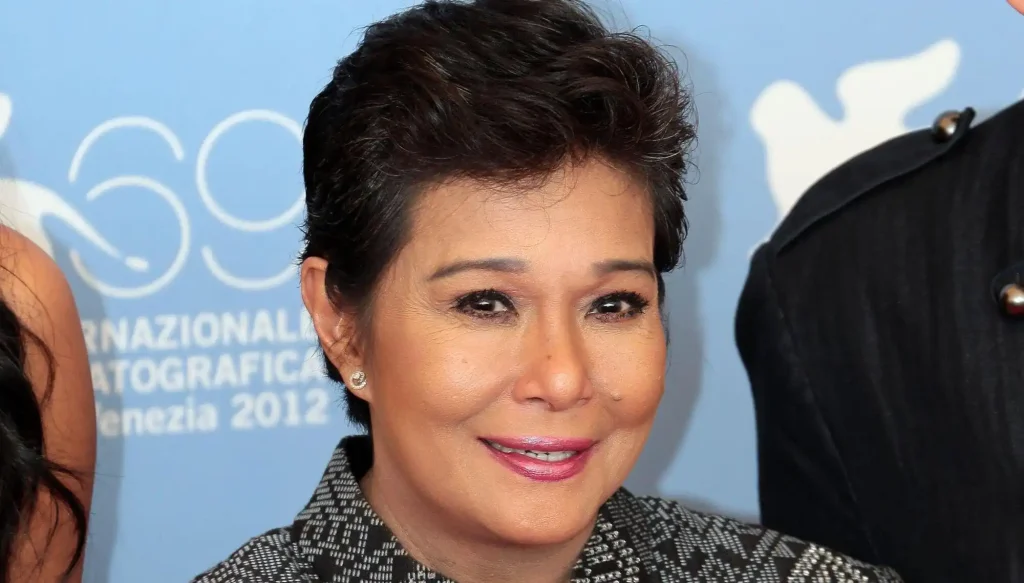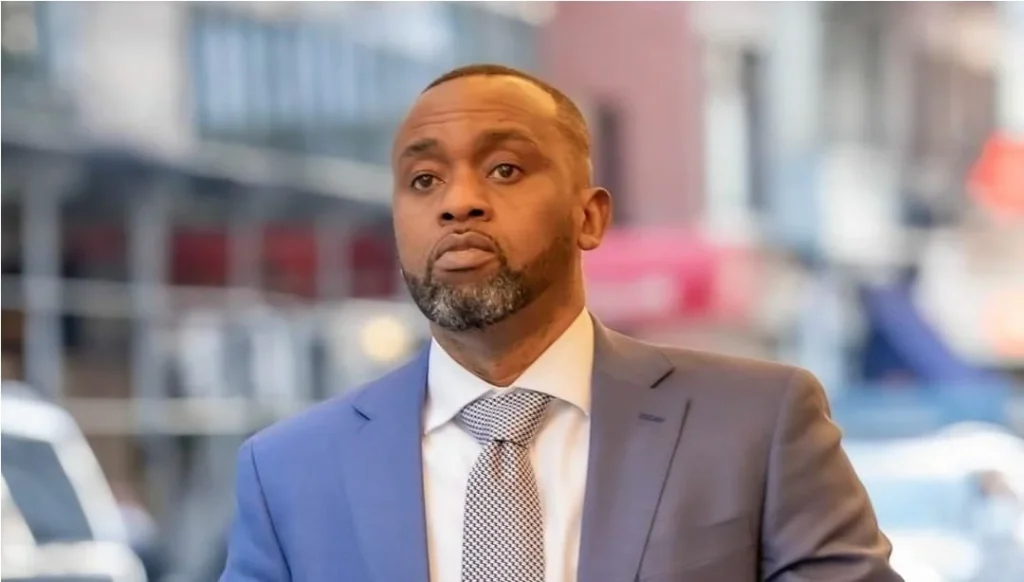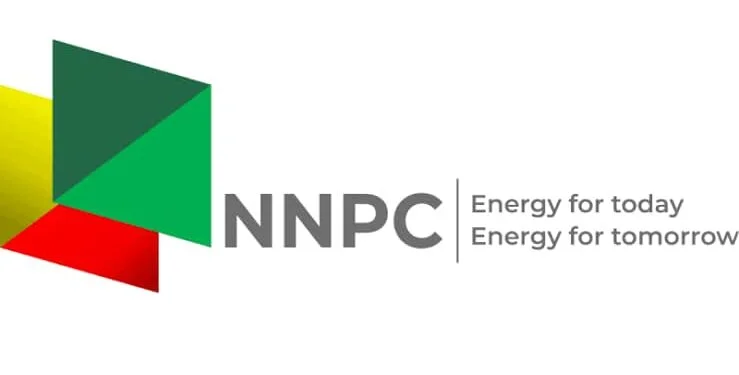The Minister of State for Health and Social Welfare, Dr. Tunji Alausa, reaffirmed the Federal Government’s commitment to enhancing healthcare delivery in Nigeria. Speaking at the JCN International anniversary event in Lagos on Monday, Alausa emphasized the government’s determination to improve the nation’s healthcare system, in line with President Bola Ahmed Tinubu’s Renewed Hope Agenda.
Alausa highlighted the need to urgently address Nigeria’s alarming maternal mortality rates, stating that childbirth should bring joy, not sorrow. “Our maternal mortality indices are unacceptable, and this is one of the immediate issues we are tackling,” he said.
In his remarks, Lagos State Commissioner for Health, Professor Akin Abayomi, underscored the importance of collaboration between the public and private sectors in improving healthcare delivery. He stressed that private sector involvement is crucial to elevating the quality of healthcare services in the state.
Panelists at the event, including prominent healthcare professionals such as Professor Ahmed Ahidjo, Chief Medical Director of the University of Maiduguri Teaching Hospital, and Mrs. Fola Laoye, Co-Founder and CEO of Iwosan Investment, also emphasized the significance of collaboration in their efforts to enhance healthcare delivery across the nation.
During the event, Dr. Alausa announced the Federal Government’s strategy to double the number of medical and dental doctors produced in Nigeria. Starting from the next academic year, the government plans to increase admissions into medical and dental institutions, aiming to raise the population of healthcare professionals from 5,000 to 10,000.
He addressed concerns over the ongoing exodus of Nigerian doctors and health professionals to more developed countries, promising to make the local healthcare environment more attractive to discourage this trend. Alausa noted that the government would also focus on expanding training opportunities for other health professionals such as pharmacists, nurses, physiotherapists, and radiographers in a phased approach.
“The global shortage of healthcare workers, estimated at 18 million, highlights the urgent need to produce more medical personnel, both for domestic use and to contribute to the global workforce,” Alausa said, adding that the current annual production of around 3,000 doctors in Nigeria is insufficient to meet the country’s healthcare demands.
With these initiatives, the government aims to strengthen Nigeria’s healthcare system and ensure that the country is better equipped to provide quality medical care for its citizens.













